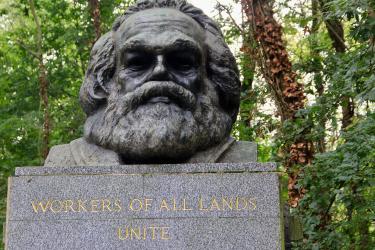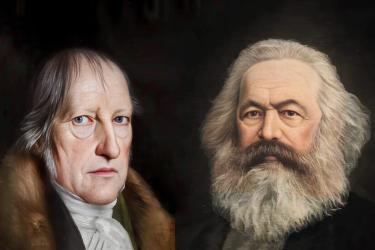Marxist theory
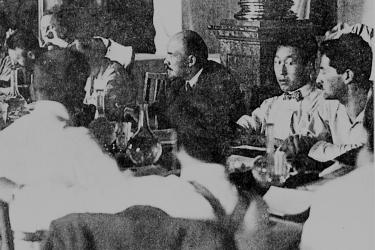
Eleven theses on Lenin’s theory of political oppression and the national question
Raju J Das — There is a need to not only understand what Lenin said on the national question and political oppression, but also study his ideas in light of the current world conjuncture.

Marx on communal villages as loci of revolution in Russia and beyond
Kevin B. Anderson — In his last years, Marx developed new concepts of revolution alongside that of a united working-class uprising.

Struggle outside the workplace: Women in the vanguard
Jess Spear — The impact of today’s capitalism on working-class women is vital if we want to understand where struggles against this system have emerged, will continue to do so, and why.

Russia’s 1917 October Revolution: A warning, an alternative, a challenge
Dmitry Pozhidaev — The October Revolution can be read as much as a symptom of a crisis of the world system as a project for its transformation that opened up a series of questions which remain unresolved even today.

Long wave theory, globalisation’s end, and the coming crises: An interview with William Jefferies
William Jefferies explores the usefulness of long wave theory for understanding the current moment, how globalisation reshaped the world economy, and the coming period of crisis.
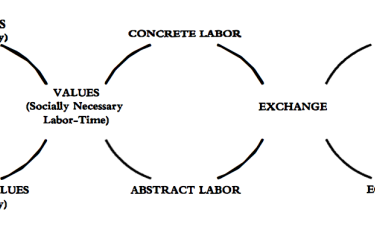
Marx’s critique of political economy: The logic of the commodity
Jason Devine provides an overview of the intellectual roots of Marx’s approach and explains the dialectical logic of his analysis of the commodity.
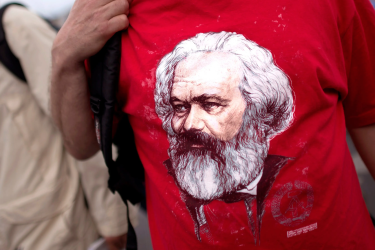
Tasks facing Marxists in the current conjuncture
Raju J Das reflects on how Marxists should respond to the current conjuncture, marked by a series of profound economic, political and ecological crises.

The declining rate of profit: Avoiding the key issue
William Jefferies — James Doughney’s latest contribution to the discussion on Marx’s tendency of the rate of profit to fall avoids the key point: the relationship between the proportional rise in the mass of physical capital and productivity rate rises.
